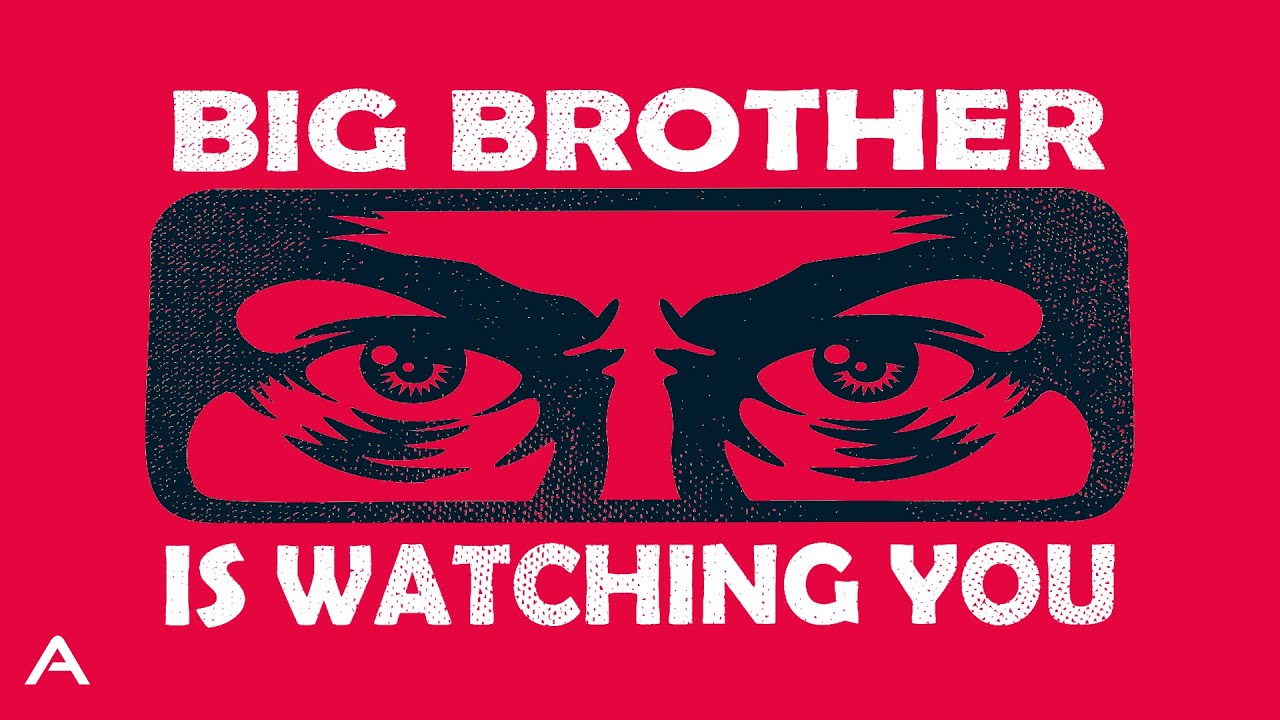
Talking about trust, the other side of the coin is what is the bank doing to protect privacy? Increasingly, due to regulatory concerns, banks are becoming government spies. They are watching our every move and reporting it.
This recently cropped up on my personal radar when the bank became my interrogator and grilled me about my crypto investments. The result is that I debanked my bank, and this just reflected the bank’s interpretation of the latest regulatory requirements around money laundering. However, in the wider picture, it’s getting much worse (in the UK at least).
What’s the problem?
Fraud.
More and more fraud is rising and the government wants to stop it, particularly when it is defrauding the government. So, the UK has come up with a new law to stop it through an amendment to the 2022 Data Protection and Digital Information Bill.
However, this is causing outrage for many, as it means that all UK citizen’s bank accounts could be monitored and reported to government authorities on a willy-nilly basis.
For example, I’ve just seen three major news stories of banks acting as the government’s instrument of Big Brother. Big Brother, as I’m sure you all know, is the every-watching eye of government of what citizens do, creating by George Orwell in 1984 (a great book).
In 1984, a reality in 2024, is where every citizen is under constant surveillance by the authorities through technology. The mantra “Big Brother is watching you” is here, now, present and prescient.
First, Big Brother Watch, a UK civil liberties campaign group fighting for a free future, are petitioning to stop government spying on our bank activities and, so far, are around 200,000 signatures on their campaign.
It’s all about new laws that the current UK government are trying to introduce to look at all banking activities of citizens. This is a major expansion of government power that takes away financial privacy, and means that all citizens will be spied upon regardless of their right or wrongdoing.
The law is an amendment to the 2022 Data Protection and Digital Information (DPDI) Bill, and potentially grants the Department for Work and Pensions (DWP) powers to snoop on bank accounts, ostensibly to clampdown on fraud.
It’s not right.
Two examples of how it’s not right.
A lot of people commit benefits fraud. In fact, recently, police found a group of five Bulgarians who stole £50 million from the UK in benefits fraud.
So, the new laws argue that the DWP should have the power to investigate any bank account where fraud is suspected by someone claiming benefits. Add onto this that HMRC (His Majesty’s Revenue and Customs, the tax office equivalent to the IRC in the USA) routinely shares banking data with the DWP, and you have a perfect storm of Big Brother intrusion.
Taking this further, the new bill goes compels banks and building societies to monitor all benefit claimants’ accounts. This means almost nine million people, who claim benefits, will have their accounts monitored, and the fact that this monitoring extends to anyone “linked” to the receipt of a benefit, without specifying exactly what a link means, leads to fears that the mass surveillance could also include former and current partners, children and more.
Based on my experience of debanking, this will be a terrible issue as any bank or building society that doesn’t comply will be subject to heavy fines. That means every bank and building society will monitor my account for anything suspicious. Big Brother is here.
Take the second example.
The second example is buy-to-let landlords. These are people who buy multiple properties through the mortgage system, of which there are many in the UK. The new lawas being debated in the House of Commons would mean that those who claim benefits would allow their landlord to have their account accessed because it is “connected”.
One Conservative peer - Lord Kammal - is warning that up to 40% of all bank accounts could in theory be connected in one way or another to the receipt of benefits of some kind.
The core of the concerns this law is trying to address is benefit fraud and yes fraud, it is an issue. But, do you solve the issue by giving the government blanket access to everyone’s financial transactions?
No.
It reminds me of a comment from a friend that, in response to the shoe bomber on an airline, everyone should go through airport security naked. You just don’t do it.
Having said that I’m flying off and yes, taking off my jacket, belt and shoes. Almost there.
Chris M Skinner
Chris Skinner is best known as an independent commentator on the financial markets through his blog, TheFinanser.com, as author of the bestselling book Digital Bank, and Chair of the European networking forum the Financial Services Club. He has been voted one of the most influential people in banking by The Financial Brand (as well as one of the best blogs), a FinTech Titan (Next Bank), one of the Fintech Leaders you need to follow (City AM, Deluxe and Jax Finance), as well as one of the Top 40 most influential people in financial technology by the Wall Street Journal's Financial News. To learn more click here...

